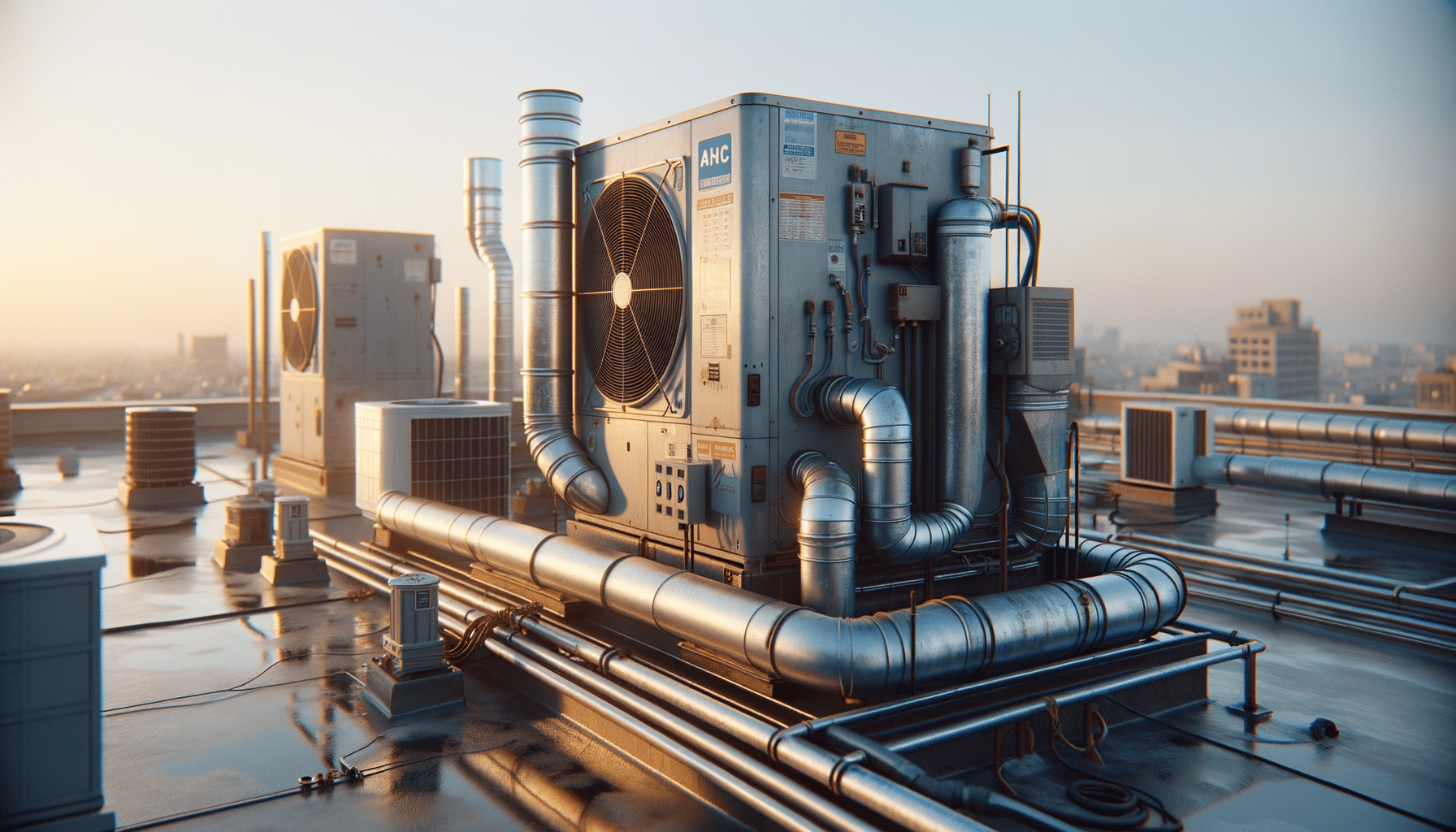
Explore More About Commercial Air Conditioner Service
Introduction to HVAC Systems
Heating, Ventilation, and Air Conditioning (HVAC) systems are integral to modern buildings, providing comfort and improving air quality. These systems regulate temperature, humidity, and air purity in residential, commercial, and industrial environments. As climate control becomes increasingly important, understanding HVAC systems’ components and operations is crucial for both users and service providers.
HVAC technology has evolved significantly over the years, driven by the demand for energy efficiency and environmental sustainability. The systems are designed to provide optimal indoor conditions regardless of external weather variations. As such, they are indispensable in maintaining healthy living and working spaces.
In this article, we delve into the various aspects of HVAC, focusing on commercial air conditioner service, its importance, and how it contributes to energy efficiency and operational longevity.
The Components of HVAC Systems
HVAC systems consist of several components, each playing a pivotal role in the system’s functionality. Understanding these components can help in identifying issues and ensuring efficient operation.
Key components include:
- Thermostat: Acts as the control center, allowing users to set desired temperatures.
- Furnace: Provides heating by using fuel sources like gas, oil, or electricity.
- Heat Exchanger: Transfers heat from the combustion chamber to the air.
- Evaporator Coil: Cools the air as it passes over the coil.
- Condensing Unit: Houses the compressor and condenser coil, releasing heat outside.
- Vents and Ductwork: Distribute air throughout the building.
Each component must function seamlessly with others to maintain efficiency and comfort. Regular maintenance of these parts ensures the system operates at peak performance, reducing energy consumption and costs.
The Importance of Regular Maintenance
Regular maintenance of HVAC systems is crucial in preventing breakdowns and extending the lifespan of the equipment. Scheduled service checks can identify potential problems before they escalate, saving time and money on costly repairs.
Benefits of regular maintenance include:
- Enhanced Efficiency: Clean and well-maintained systems operate more efficiently, reducing energy bills.
- Longevity: Proper care and timely repairs can significantly extend the lifespan of HVAC components.
- Improved Air Quality: Regular cleaning of filters and ducts prevents dust and allergens from circulating in the air.
- Safety: Regular inspections can prevent hazards such as carbon monoxide leaks from faulty equipment.
By investing in routine maintenance, businesses can ensure their HVAC systems provide consistent performance while minimizing downtime and operational disruptions.
Commercial Air Conditioner Service: What to Expect
Commercial air conditioning systems require specialized service due to their complexity and scale. Professional service providers offer a range of services to ensure these systems function efficiently.
Services typically include:
- Inspection and Diagnosis: Comprehensive checks to identify issues and areas needing attention.
- Cleaning: Removal of dirt and debris from components like coils and filters to enhance performance.
- Repairs and Replacements: Addressing faulty components and replacing them as necessary.
- System Optimization: Adjusting settings and calibrations for optimal efficiency.
Choosing a reputable service provider ensures high-quality workmanship and adherence to industry standards, resulting in reliable and efficient air conditioning systems.
Conclusion: Investing in Reliable HVAC Solutions
In conclusion, HVAC systems are vital in creating comfortable and healthy environments in commercial settings. Regular maintenance and professional service play a critical role in ensuring these systems operate efficiently and reliably.
Investing in high-quality HVAC solutions not only enhances comfort but also contributes to significant energy savings and environmental sustainability. Businesses that prioritize regular maintenance and professional service can enjoy long-term benefits, including reduced operational costs and improved air quality.
As technology continues to advance, staying informed about the latest HVAC trends and solutions will empower businesses to make informed decisions, ensuring their systems are both effective and environmentally responsible.

